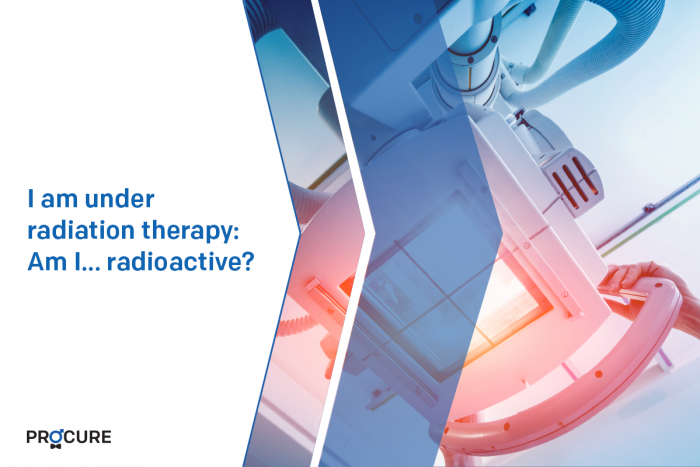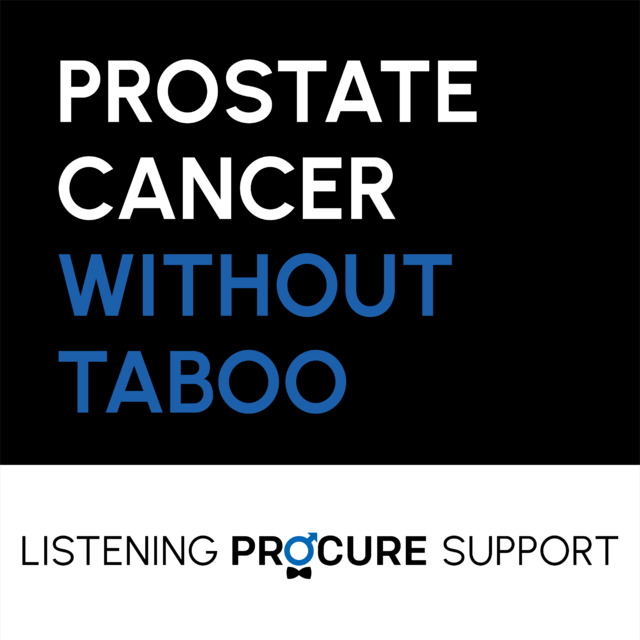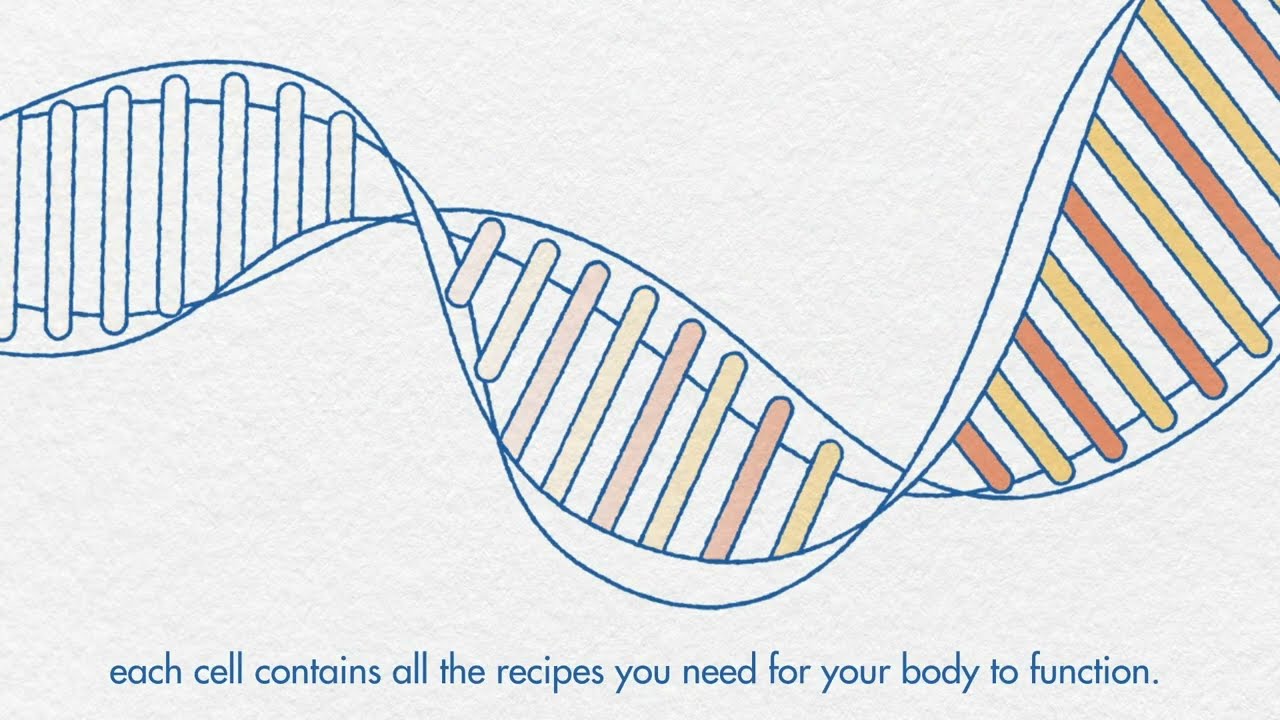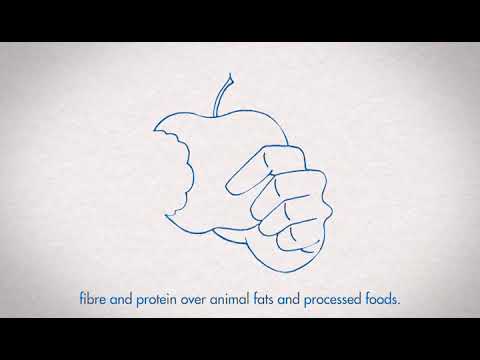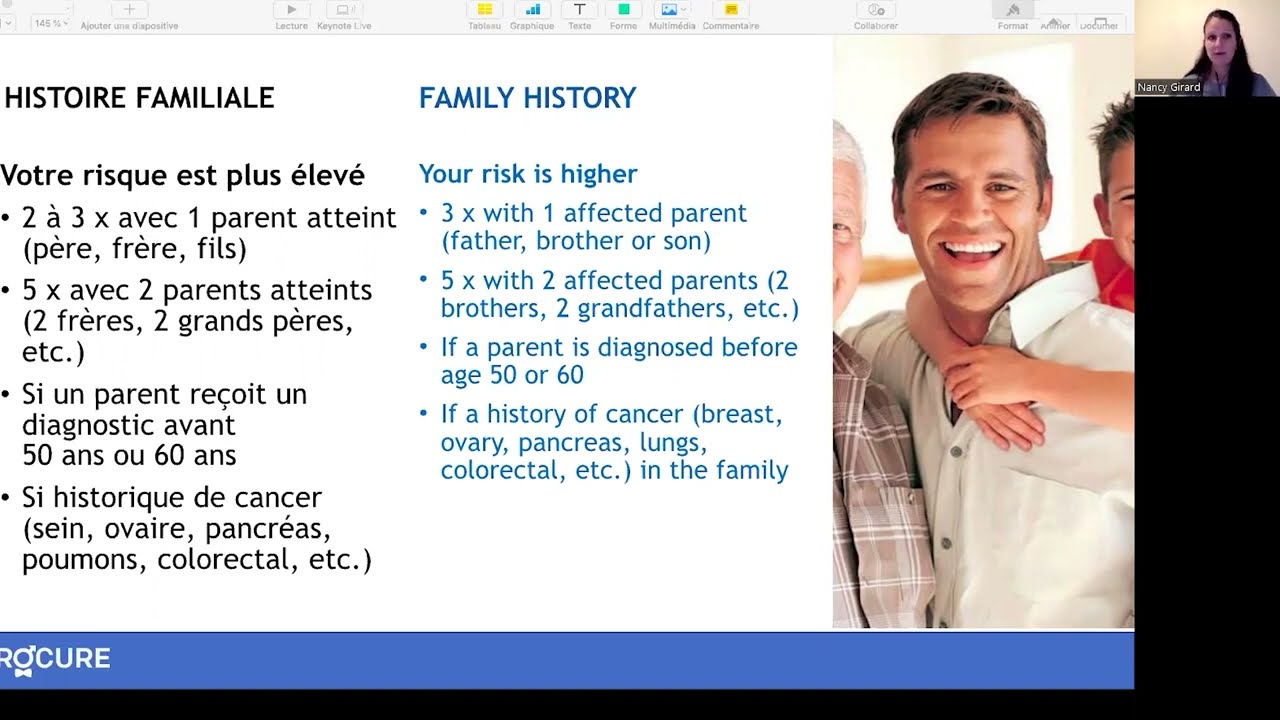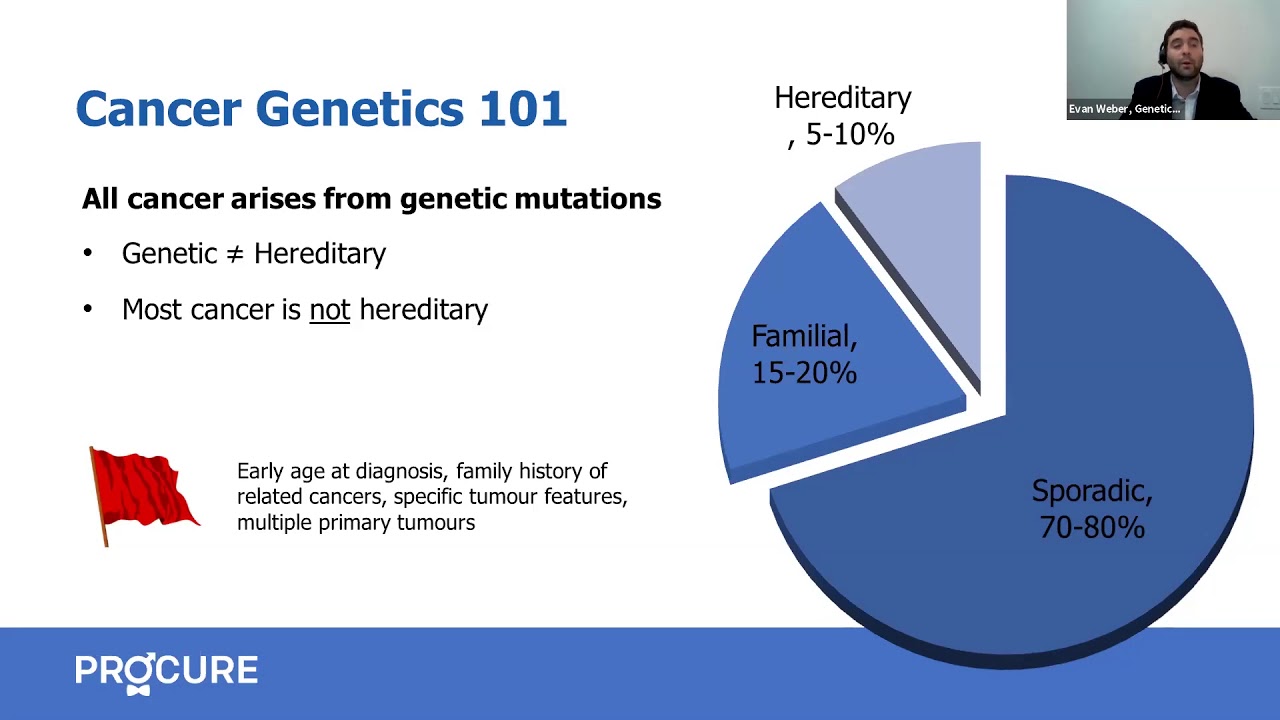That’s a great question and the answer depends on the type of radiation therapy received. Radiation therapy can use high-intensity X-rays emitted by a device or by radioactive implants inserted into your prostate to kill cancer cells.
External beam radiation therapy does not make you radioactive
External radiotherapy involves the emission of radiation from an external source, directed towards your tumor and a small amount of normal tissue surrounding it. It aims to destroy cancer cells and prevent their multiplication and development. Small doses can be administered daily over a period of several days to several weeks. The treated tissue does not retain any radioactive dose after the radiotherapy session.
So the answer is no: this treatment does not make you radioactive! It is okay to be around people, including children, right after your treatment.
Brachytherapy: instructions to be taken into consideration
The situation is slightly different with low dose rate (LDR) or permanent brachytherapy. Low dose rate brachytherapy requires the implantation of permanent radioactive seeds in your prostate. In this case, the dose of radioactivity is very low but permanent. Permanent implants, like radioactive seeds, are not removed. They release their dose of radiation for a few weeks or months.
This is usually an option if your cancer is relatively early stage and slow growing, so at a low risk of progression. It may be an option for cancers at intermediate risk of progression, but according to specific criteria.
Since you are a carrier of radioactive sources, you must take certain precautions. Be aware that you are not a carrier of radioactive sources with high dose rate (HDR) or temporary brachytherapy.
During the first three months following your treatment
- If your partner is pregnant, you should keep a distance of about one meter (three feet)
- If you have children or grandchildren under the age of twelve, they may be seated next to you, but it is not advisable to sit them on your lap, at least only for a short time.
There is, however, no contraindication to sleeping in the same bed as your partner, unless she is pregnant.
Your urine or semen are not radioactive
Radioactive seeds do not make bodily fluids, such as urine or semen, radioactive. There is therefore no risk of radioactive transmission to your partner.
- You may experience burning sensations and pain during ejaculation if you have sex immediately after the procedure.
- You may notice blood in your semen as well. It is safe for you and your partner and this symptom will go away with time.
Displacement of a seed
The risk of the radioactive seeds moving is minimal. The ejection of a seed during intercourse is extremely rare.
- However, according to experts, if a seed is ejaculated in your partner’s body, she/he is in no danger.
- To ensure optimal protection for your partner, it is recommended that you use a condom for at least your first five ejaculations, or throughout your partner’s pregnancy. After a while, the seeds become inactive and remain in the body permanently, without causing damage. Your doctor will give you more details after your procedure.
Planning to travel?
If you are planning to travel, you may want to get a doctor’s note regarding your treatment, as low levels of radioactivity can sometimes be picked up by detection systems at airports or cruise ships.
Take the time to visit each of our pages on this website, as well as our YouTube channel, in order to get familiar with the disease with our expert lectures, our section on available resources, the support that is offered to you.
Do you have any questions or concerns? Above all, do not hesitate. Contact us at 1 855 899-2873 to discuss with a nurse specializing in uro-oncology. It’s simple and free, like all our services.
Pages of our site that might interest you
Want to know more? Just click on one of the links below.
Managing side effects
Prognosis and survival
PROCURE news that might interest you
Each week, we publish a blog article. Here are a few for you.
Permanent brachytherapy: what exactly is it?
Can I swim during treatment?
What is an anti-inflammatory diet?
Written by PROCURE. © All rights reserved – 2021




